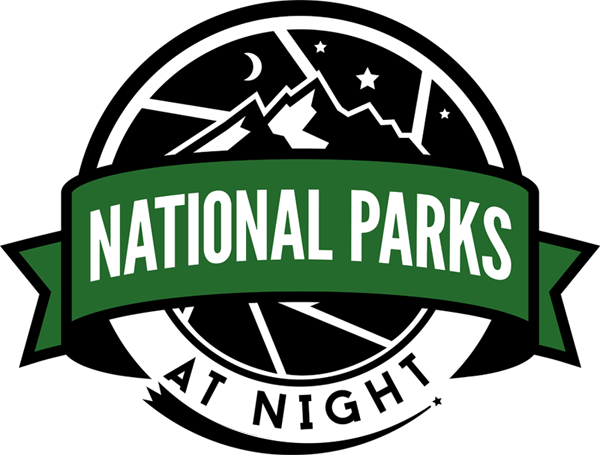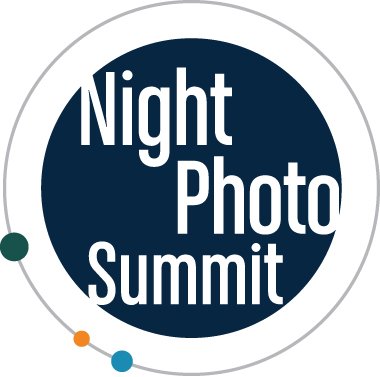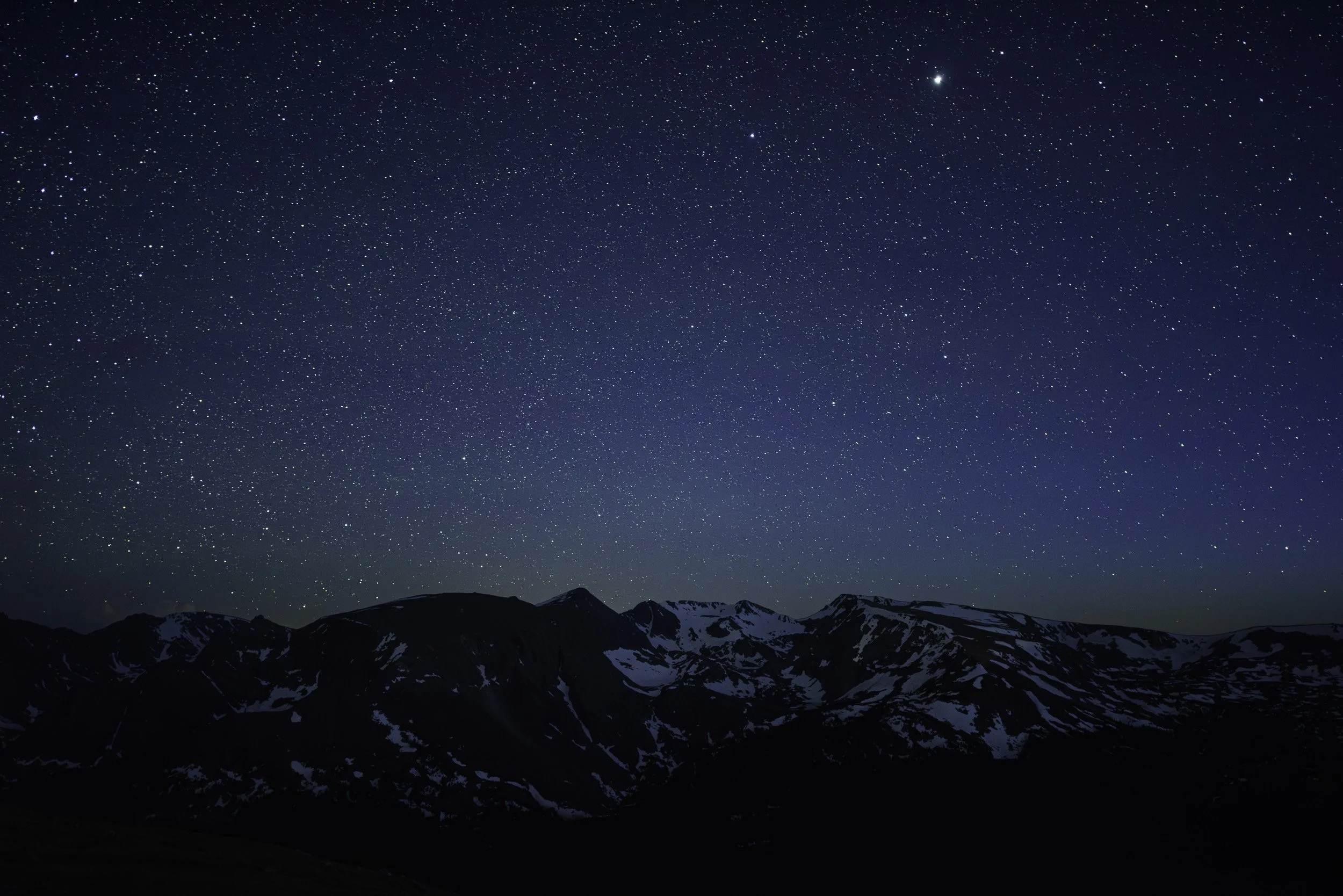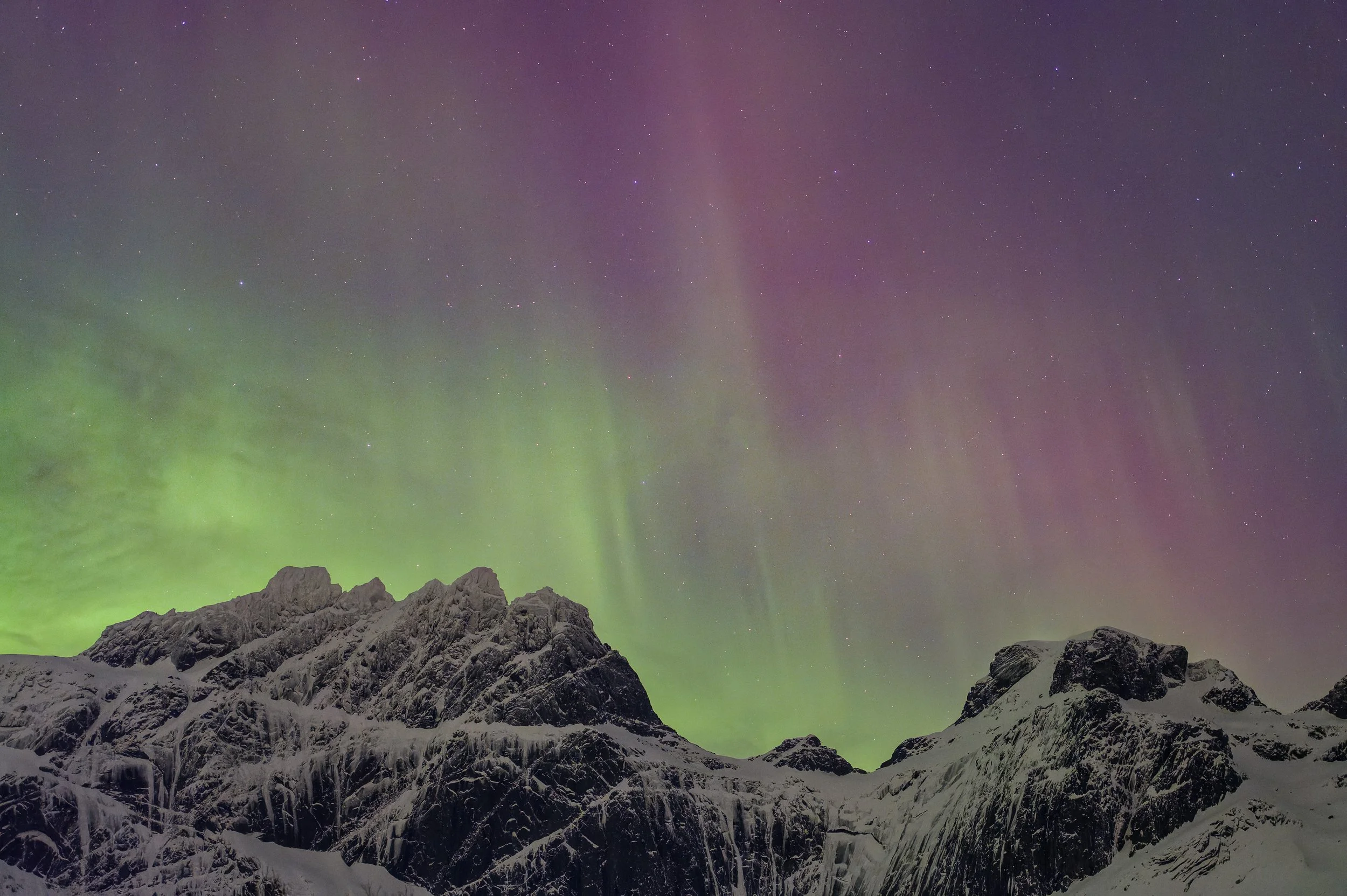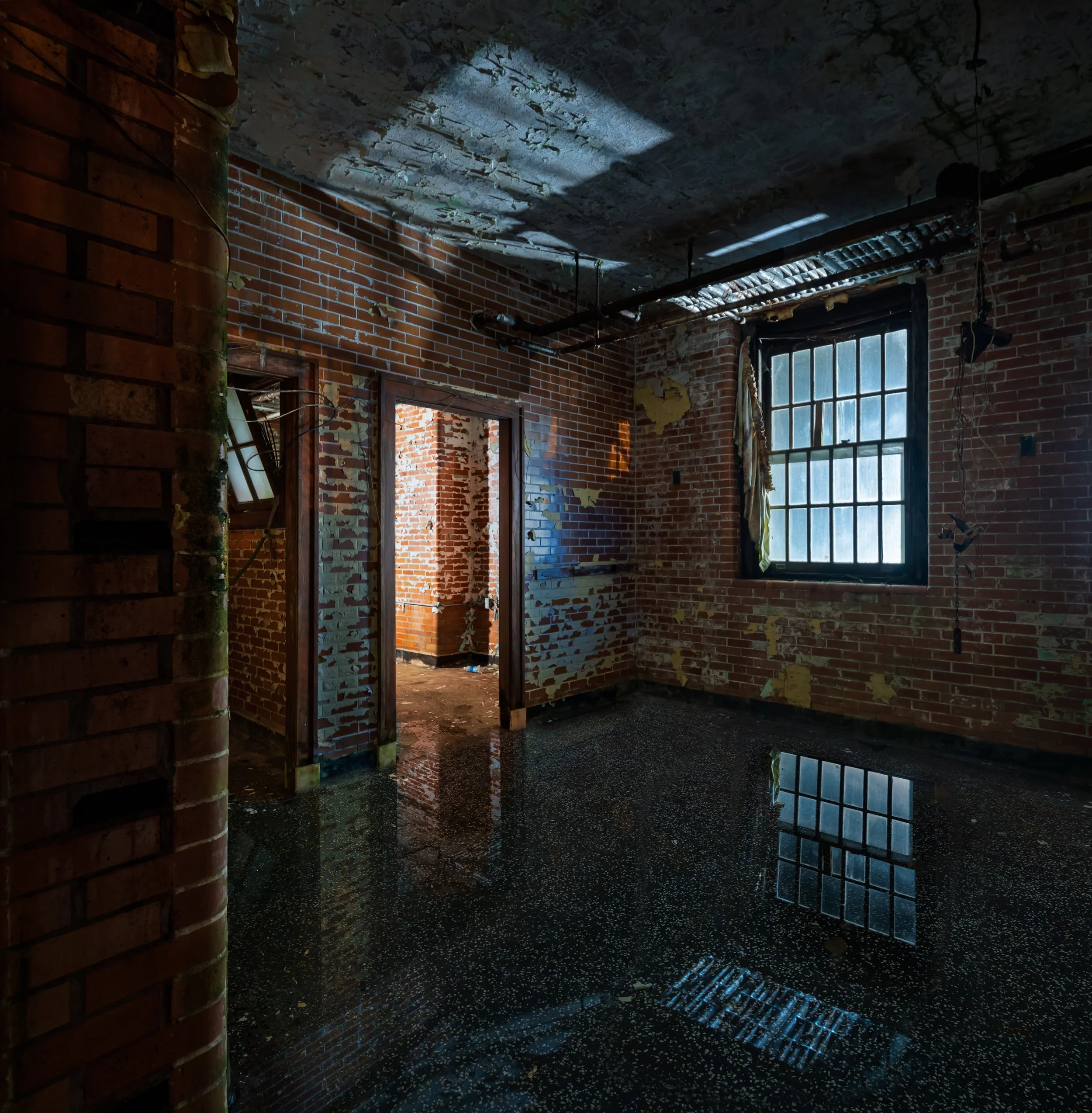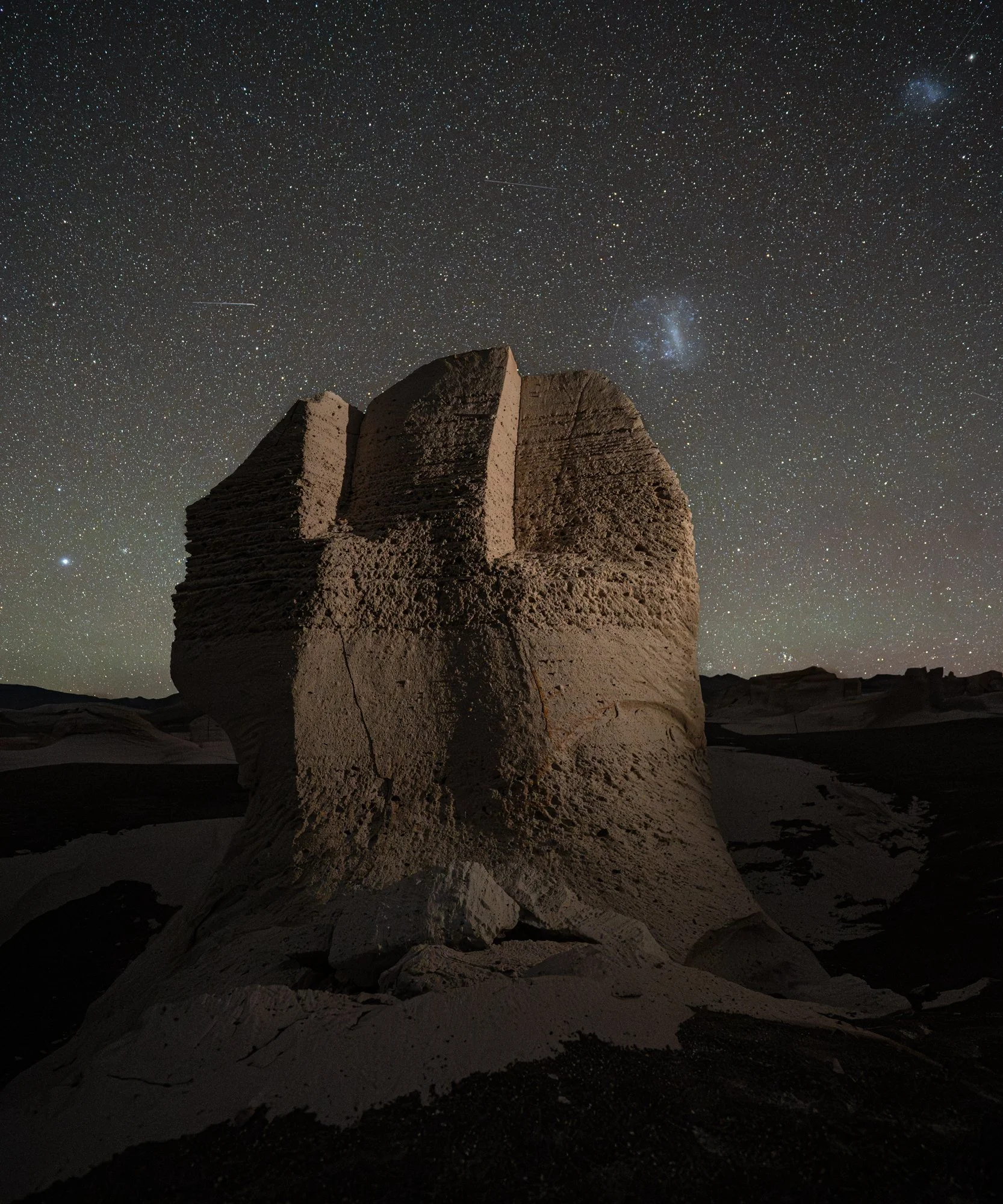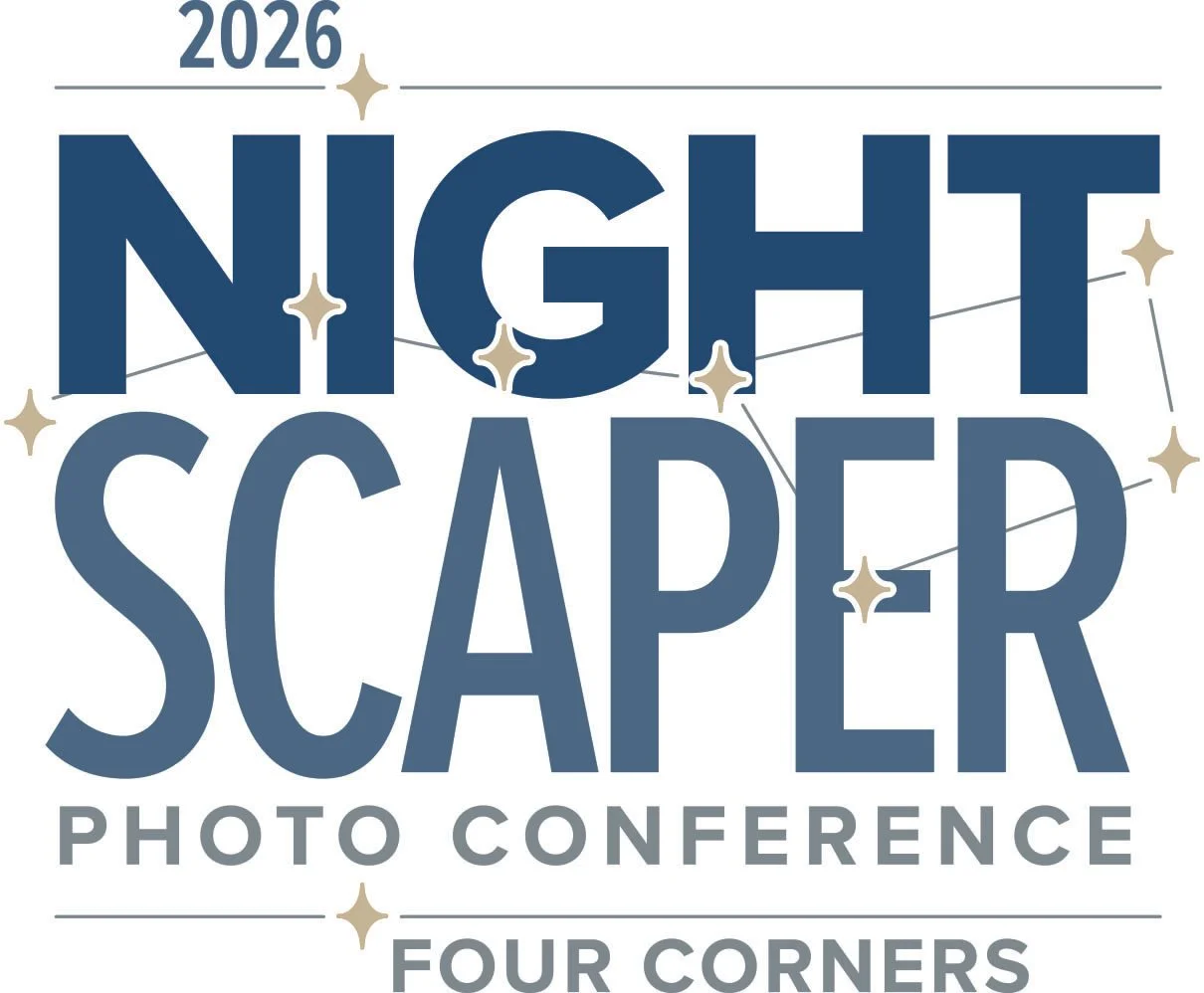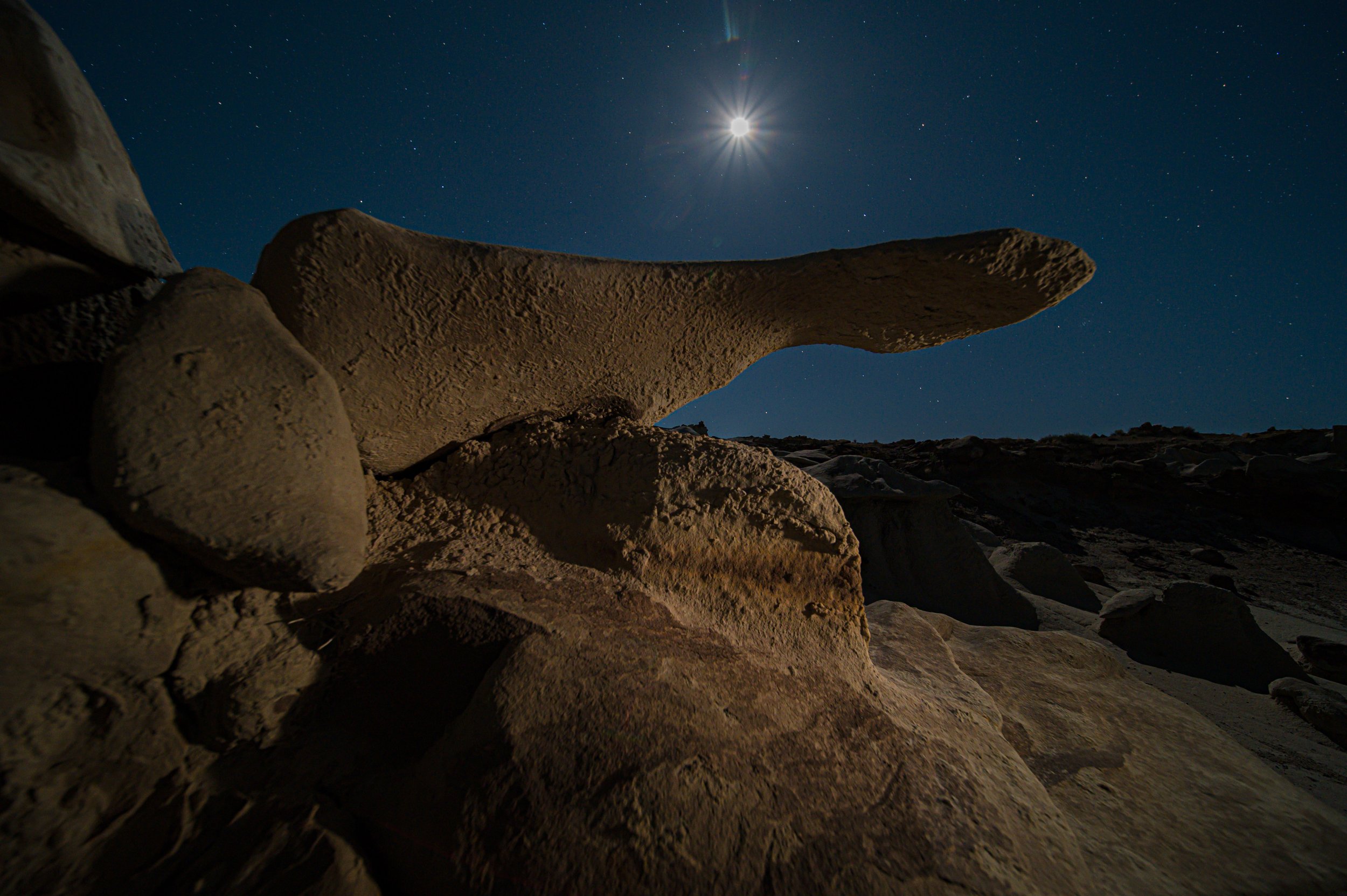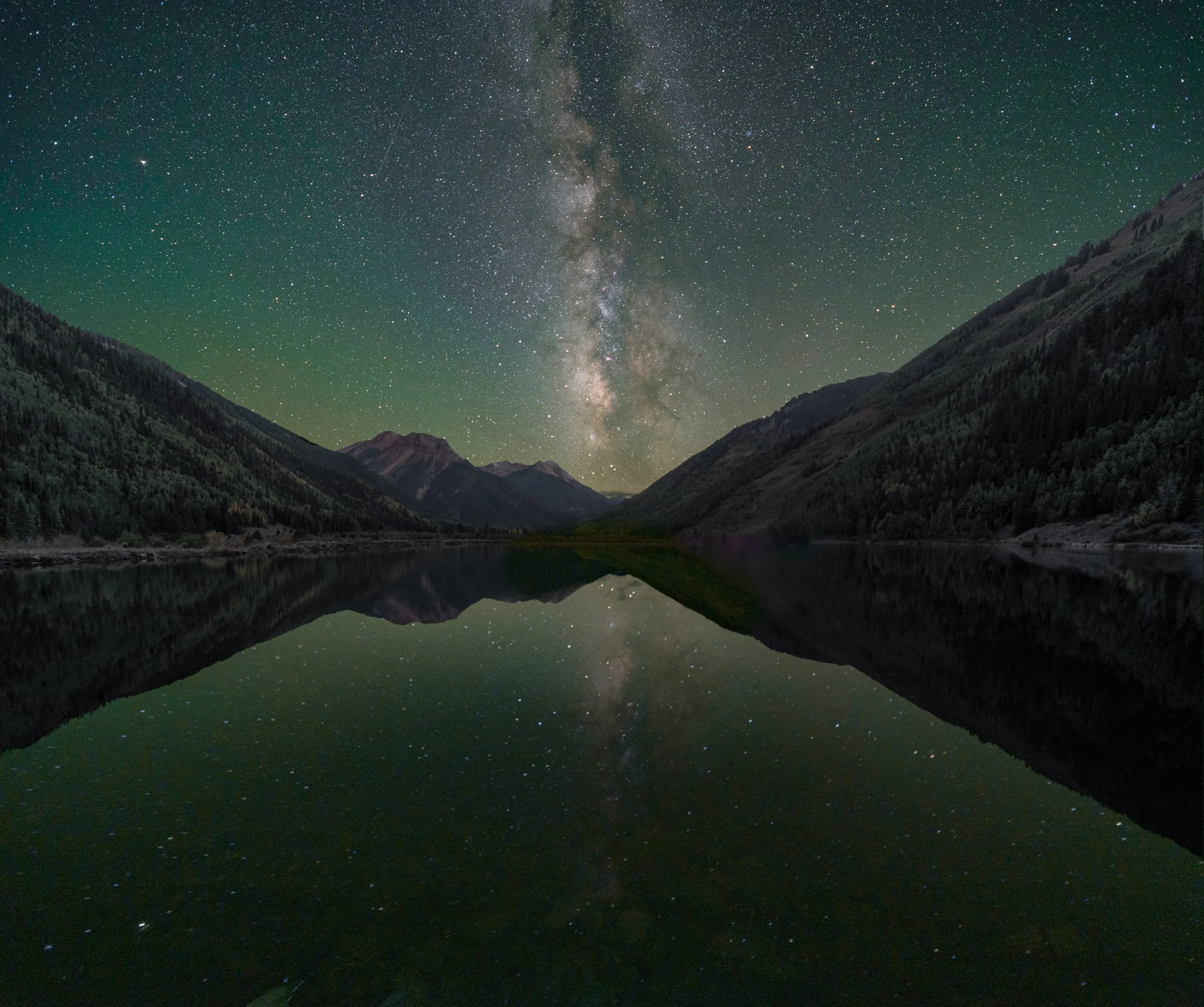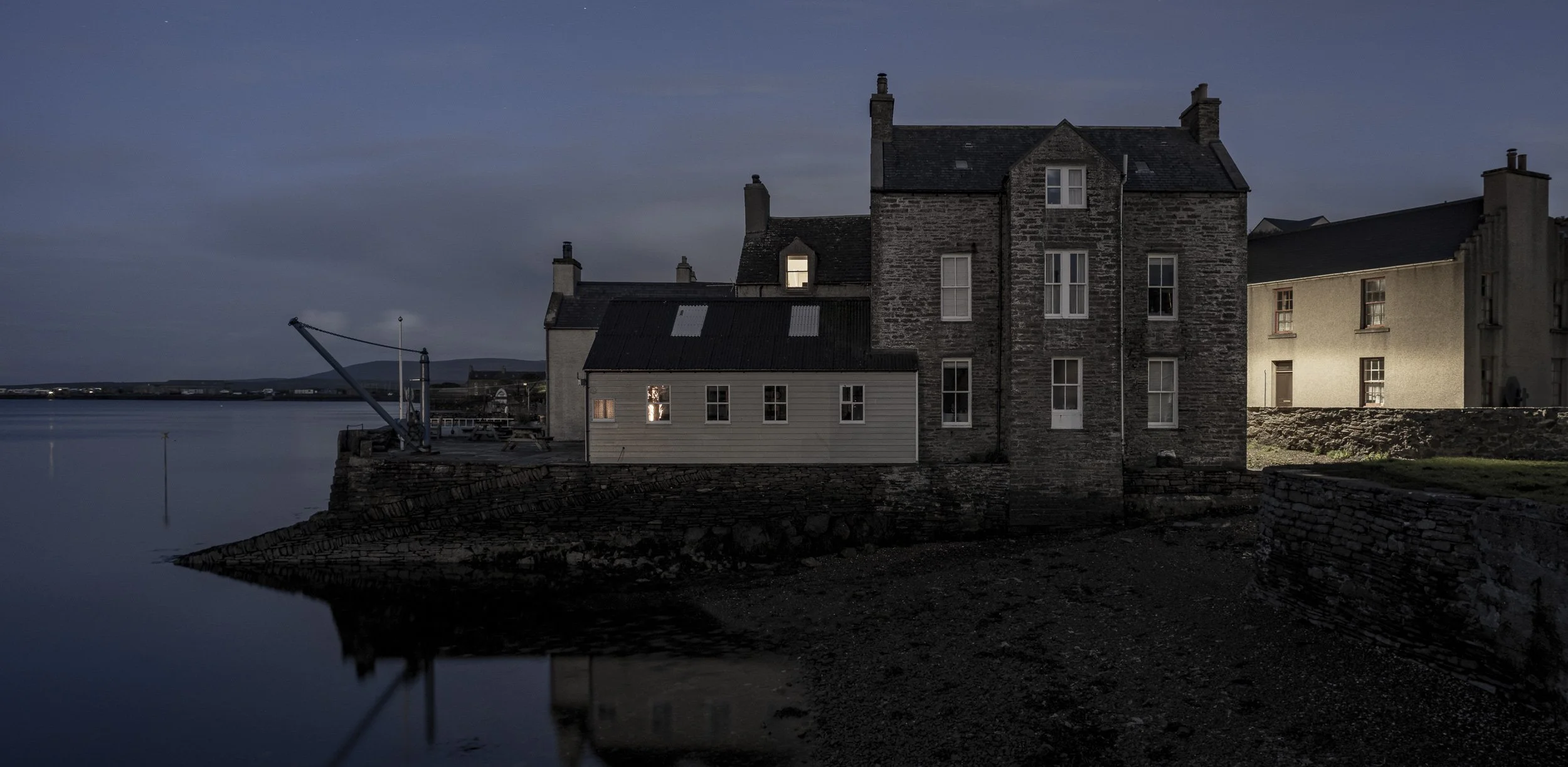I’m pretty big on the scouting thing. I wrote a whole chapter about it in my book Photographing National Parks, and it’s always a part of my lectures, and it’s certainly an important part of our National Parks at Night workshop experiences.
Jumping into a new place without knowing anything about it can be a fun way to vacation, but it’s not the best way to maximize creative potential on a photography project.
Not scouting—just wandering a place hoping that you’ll stumble upon good photo opportunities—is a reactive approach to photography. Scouting—doing some research about the subject, and looking around at different times of day and during different sorts of weather—is a proactive approach. And as with many other things in life, proactive is usually more productive than reactive.
On any national park shoot, I’m always researching, scouting and making a plan. I leave room for serendipity, but 90 percent of the work I end up being happy with comes from the ideas I prepared for, not from the ones I found by chance.
The idea of scouting a location becomes even more important with night photography. It helps in terms of creativity, technical details and safety:
- Creativity. You can see better in the day than at night (I don’t need to provide evidence for that premise, right?). It’s much easier to construct a composition when you can actually see what’s in front of you.
- Technical details. Where to put your tripod? How to focus your lens? Positions to stand when light painting? All of these are easier to determine in daylight.
- Safety. Working near a cliff? How about in a forest of cactus? At the edge of a river? On a field of boulders? Areas such as these are much easier to navigate safely in the dark if you’ve gotten familiar with them in the light.
With all that in mind, fellow NPAN instructor Matt Hill and I got together to produce a video about the topic. Titled “10 Photo Scouting Tips for National Parks,” it contains … well, you know.
We'd love to hear about some the scouting tools that you use, too! How do you prepare for shooting a location at night? Feel free to share tips for other photographers in the Comments section below.
